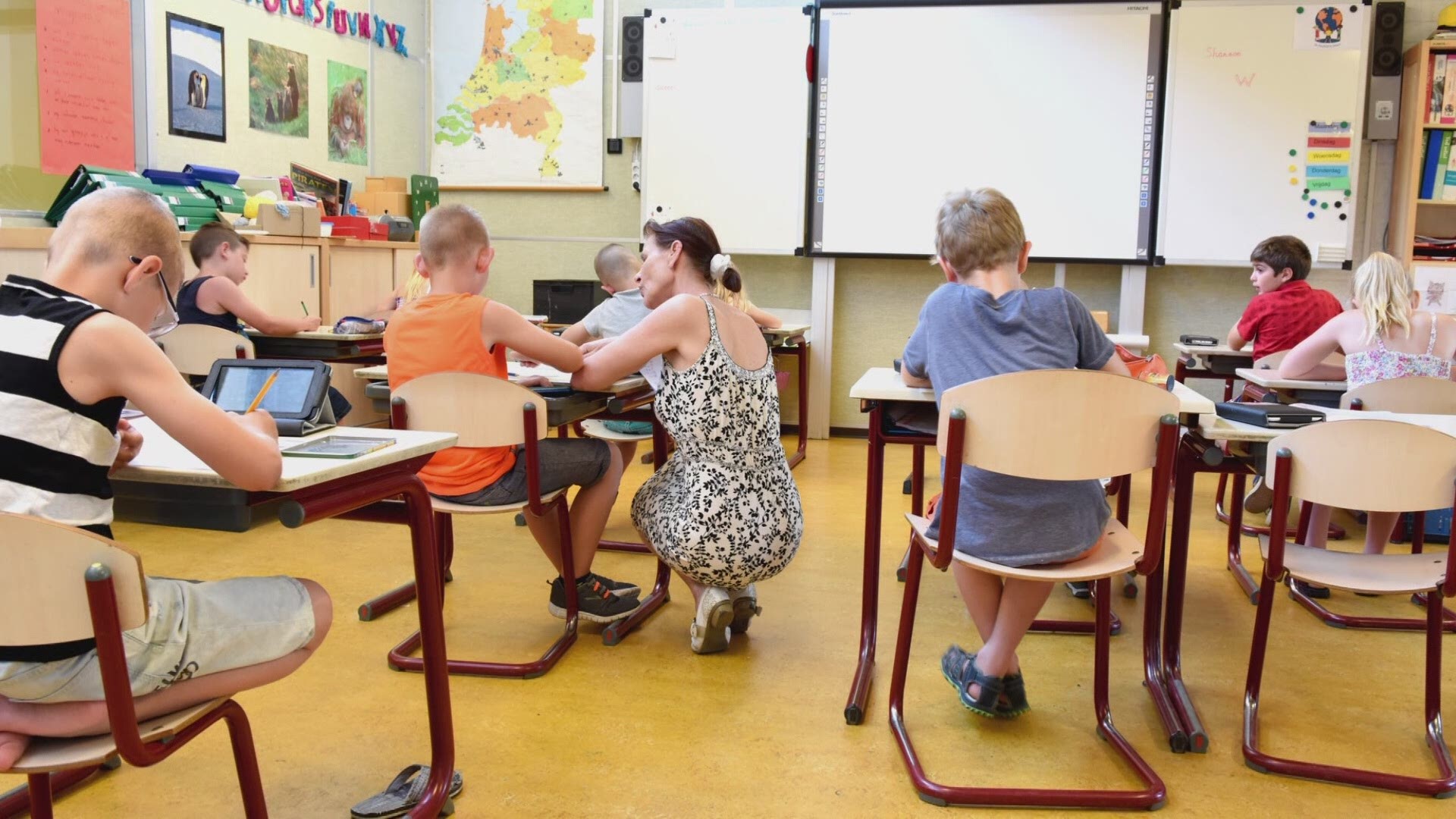SALEM, Ore. — Salem-Keizer is the second largest school district in the state and with over 80 languages spoken, it's also one of the most diverse.
This fall, the district will continue its three-year effort to implement a social studies curriculum that better reflects the diversity of its students.
Gwen Bruey-Finck is the director of secondary curriculum and instruction at Salem-Keizer Public Schools. For the past three years she and teachers in the district have been transforming the social studies curriculum for grades 6-12.
And now with the national conversation about systemic racism, the district's mission of inclusion is more relevant than ever.
"It's really put this on the forefront that we need to not just reflect, we need to act," Bruey-Finck said.
So what will look different?
The curriculum will move beyond the traditional U.S.-centric version of history and include more global perspectives, allowing students to explore their own heritage.
"We have units now which we never had before, around Pacific Islanders and our Pacific Islander population, [and] why climate change, for example, is impacting immigration to Oregon," Bruey-Finck said.
Bruey-Finck said the curriculum is a shift away from older social studies courses that often focus on timelines, people and events. Instead, the new curriculum will provide context for current events and emphasize critical thinking.
In addition to a revamped social studies curriculum, Salem-Keizer is recruiting more teachers of color.
Research shows students of color do better in school when they have teachers who look like them that have a shared experience.
Dean Wright is a seventh-grade social studies teacher at Judson Middle School and said he's seen the effect on students who don't feel represented in the curriculum.
"It is sad that students try and devalue their own culture sometimes to try and fit in with our mainstream culture," Wright said.
He plans to connect the new curriculum around present-day events to lessons from the past, especially with today's protests against racial injustice.
"It's not just, well here's what happened a long time ago. It's here's what happened and it's similar to this current event that's happening right now and it's affecting you," Wright said.
The achievement gap is also affecting minority students. Remote learning last spring only exacerbated the problem.
Administrators say feedback from teachers and families showed Pacific Islander students, English learners, and students experiencing homelessness were disproportionately impacted.
This fall, Salem-Keizer says it's "doubling down" on serving those kids. It will distribute more Chromebook laptops this year; last spring, 30,000 went out to students.
The district also has a contract with Comcast to provide families with internet discounts and will expand access to Wi-Fi hotspots.

